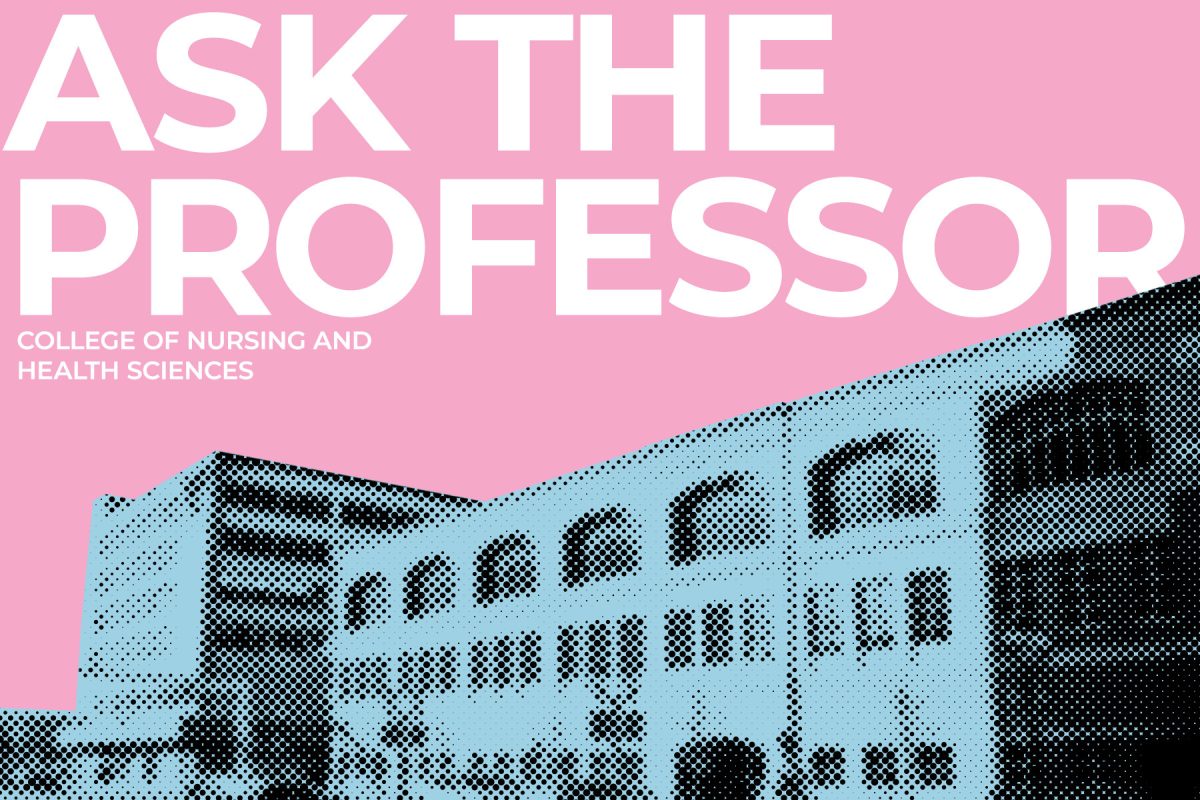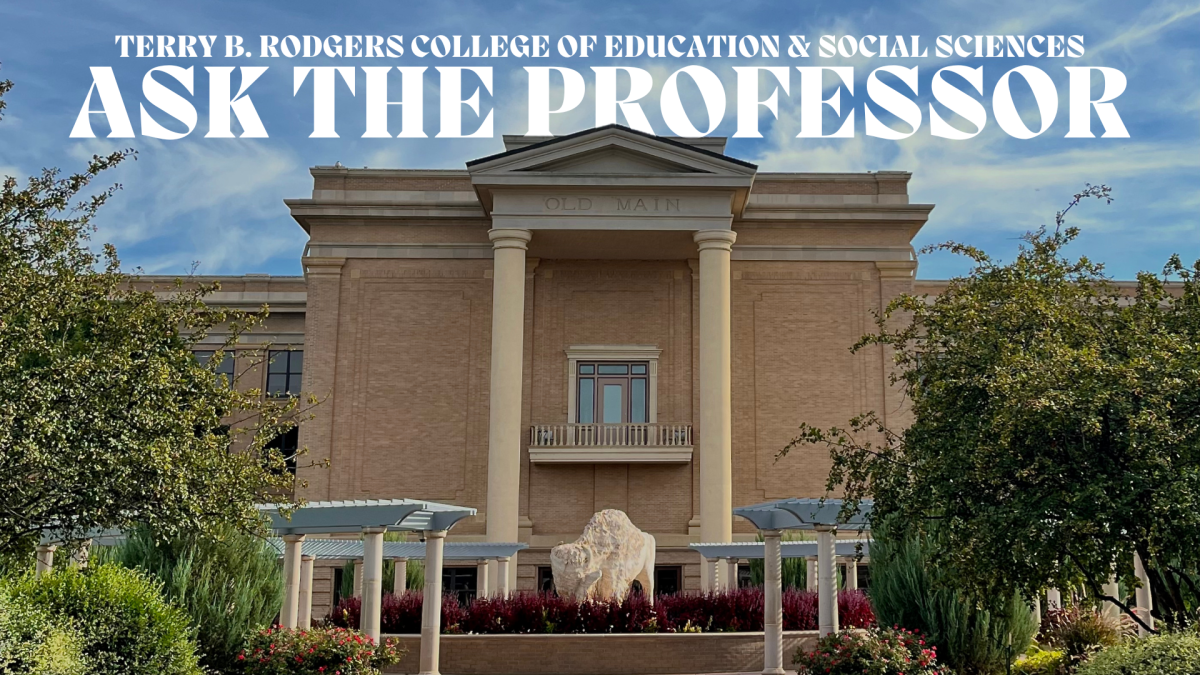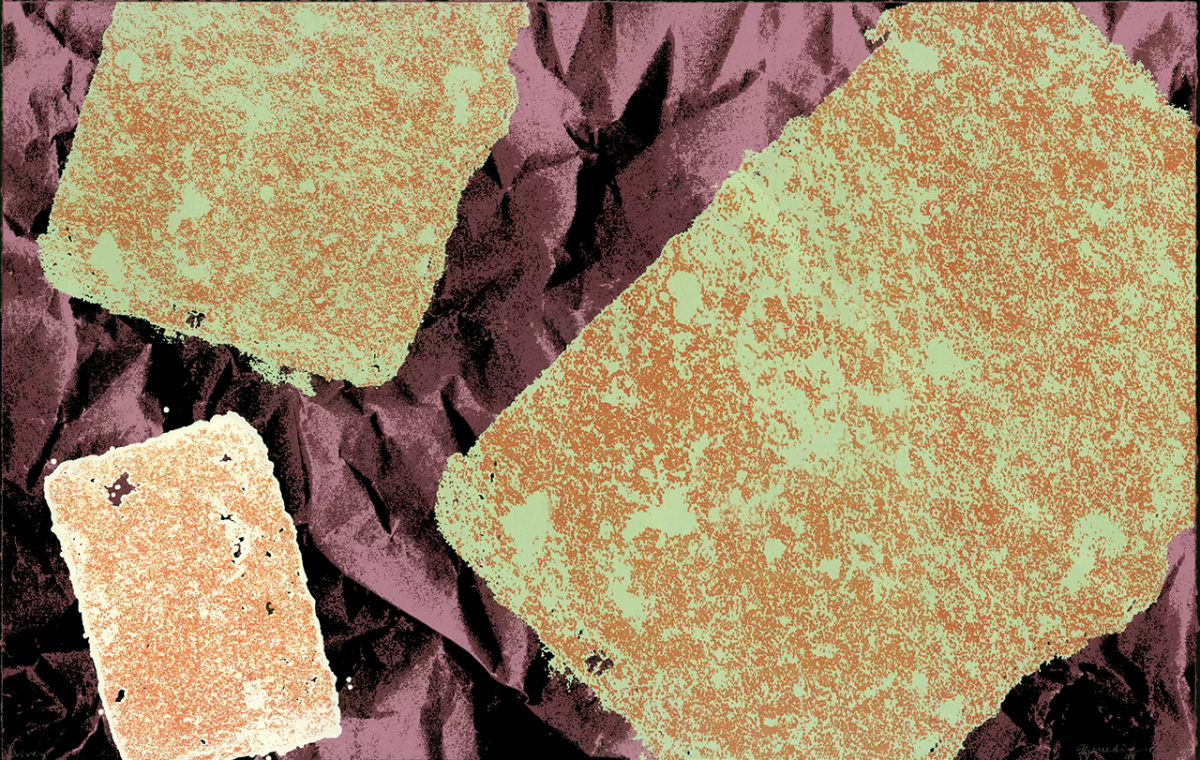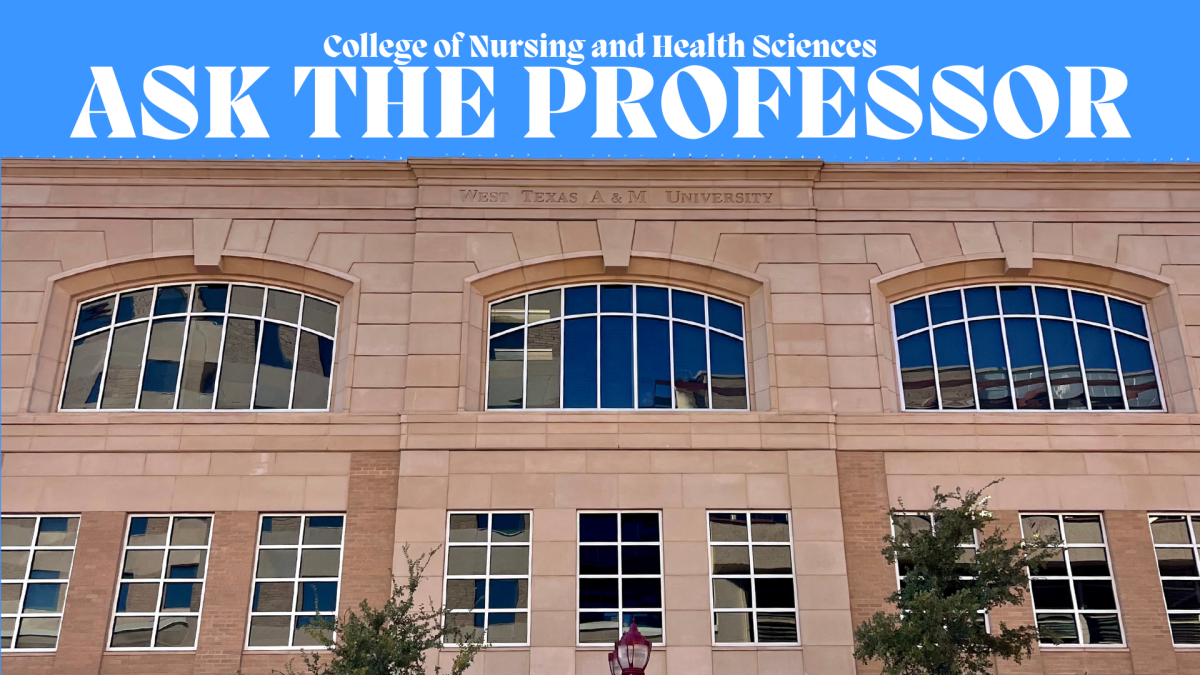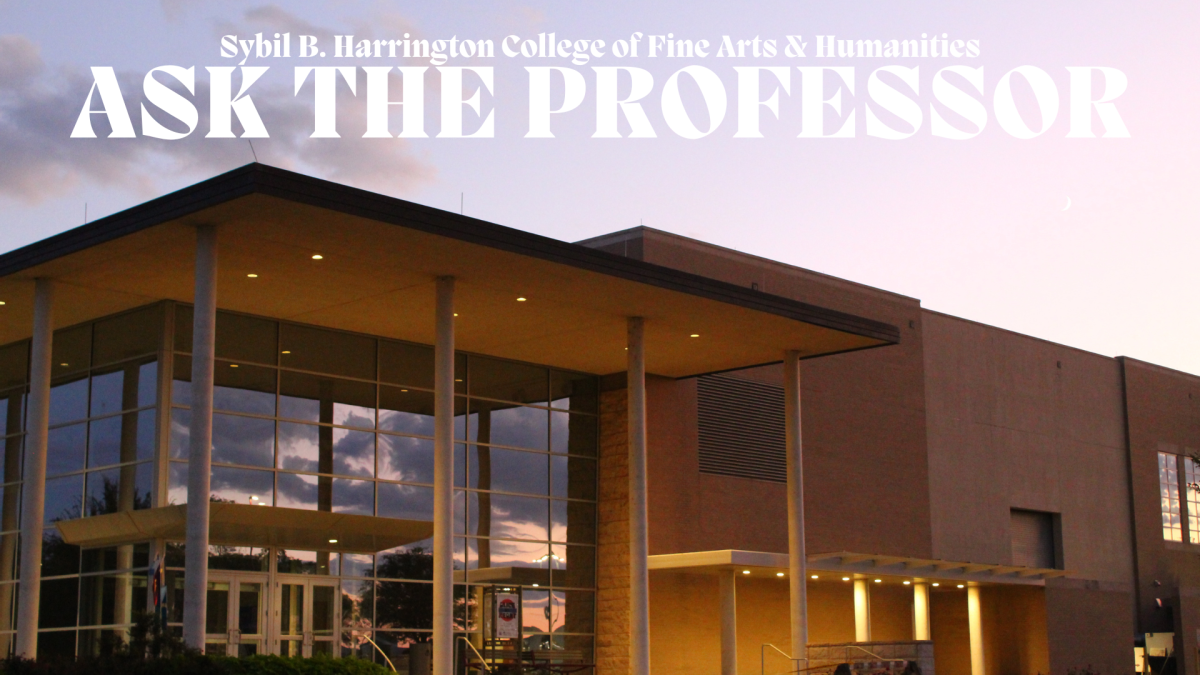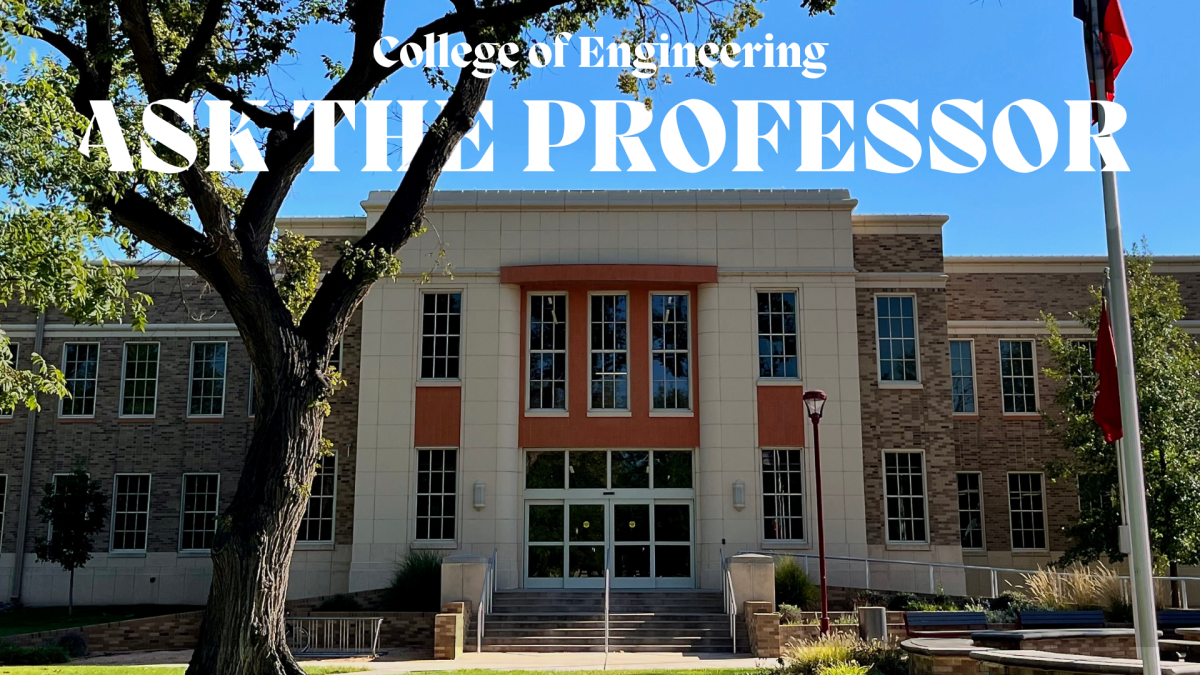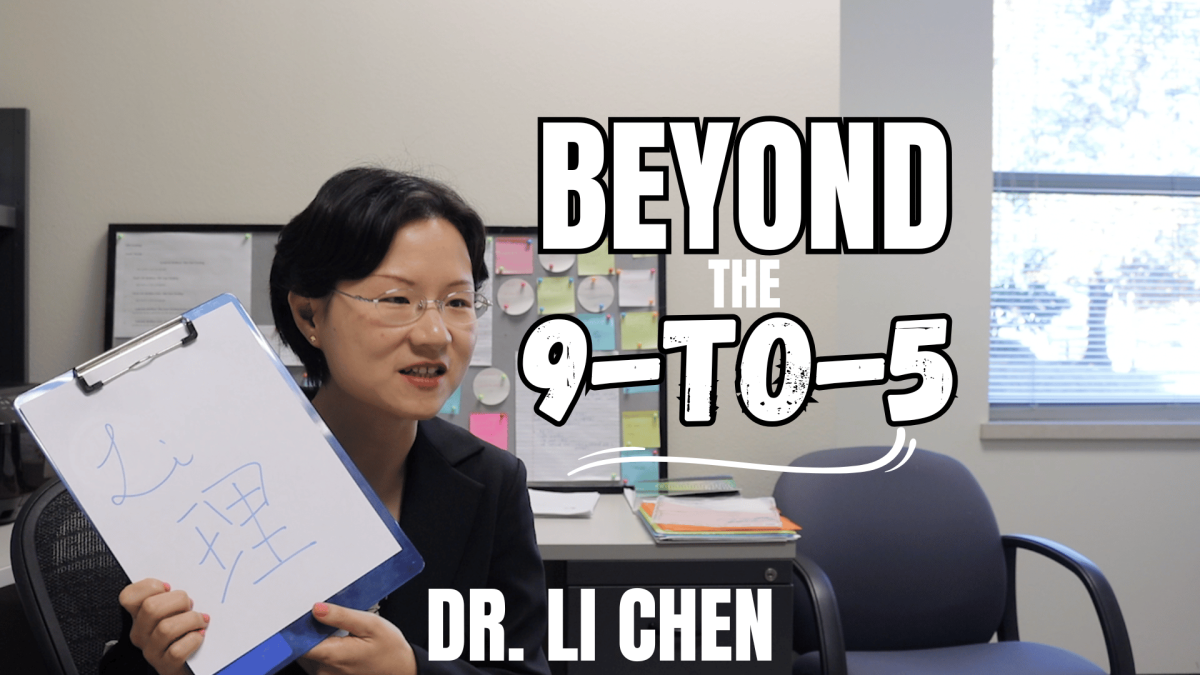Dr. Michelle Bartlett is an associate professor of sports and exercise science in the College of Nursing and Health Sciences at West Texas A&M University. She teaches undergraduate courses in sport sociology, exercise psychology and psychology of injury in addition to undergraduate and graduate courses in sports psychology.
Dr. Bartlett said that practitioners in the world of sports psychology need proficiency in both fields of study.
“You need to have the familiarity with sport and all of the things that athletes deal with, whether it’s physical skills, muscle regulation, training, all of those stressors,” Dr. Bartlett said. “Plus, you need the communication skills to communicate with them in a way that’s not the same way that maybe their coaches or their other strength and conditioning staff people communicate with them. So, you’re gonna need both of those competencies to do what I do.”

Sports psychology combines Dr. Bartlett’s interest in athletics with her interest in the study of human behavior.
“I played just about every sport when I was younger,” Dr. Bartlett said. “I was a triple varsity athlete in high school, soccer, softball and track and then also did club gymnastics that whole time outside of high school, and then did gymnastics in college. And now I do CrossFit. I was a competitive CrossFitter and now I would say probably more of just a recreational CrossFitter. Sometimes, I’ll have a competitive day, but I don’t really do competitions anymore.”
One of Dr. Bartlett’s main areas of study is anger in sports. She said anger can be beneficial to athletes in some ways; anger causes adrenaline to rise, leading to increased blood flow and a higher pain tolerance. Anger can also cause some detrimental effects, such as a decrease in fine motor coordination. Anger causes humans, in general, to lose function in cognitive and executive decision-making.
“When we’re angry, we lose the ability to kind of rationalize through situations, think about outcomes, critically think,” Dr. Bartlett said. “We’re very much just kind of reacting and responding. And so that could be the problematic piece of, ‘oh, I wish I didn’t do that, I just did that because I was so angry,’ where we would need to realize in certain situations, anger is not going to help us. Making decisions would be one of those.”
Dr. Bartlett is the founder and former director of WellWT, the faculty and staff wellness program. In 2012, Dr. Bartlett and Dr. Heidi Taylor from the nursing program noticed that there was nothing offered to faculty and staff related to self-care, stress management and mental and physical health. Together, they sought to create a wellness program. Around the same time, the Texas A&M University System (TAMUS) began offering a grant to fund a similar program.
“So, we had this idea, we were getting it off the ground and then a funding opportunity was presented to us,” Dr. Bartlett said. “And then we were able to apply for that funding to get the program off the ground to meet the needs that the faculty and staff had. And we also did a lot of surveying to kind of ask them – we understand what people need in a health and wellness program – but what did they want? Let’s make sure we have that too.”
Dr. Bartlett said a student should have great problem-solving, analytical and communication skills to succeed in sports psychology.
“And I think there’s a little bit of a piece of – and I certainly don’t self-disclose my athletic career – but I think it’s evident in how you can talk the talk of sports that you have that experience and that just helps build that bridge of empathy and connection with the athletes to be like, ‘Okay, she might know from experience what I’m going through,’” Dr. Bartlett said.
Dr. Bartlett said that movement throughout the day can boost students’ study sessions and capabilities. Movement oxygenates the brain tissue, which is good for cognition.
“A lot of what we do, especially at the undergrad level, when that lower-level learning is memorizing and the part of your brain that’s responsible for memorizing is your hippocampus,” Dr. Bartlett said. “And we know that when you’re really stressed out, your body is releasing cortisol; the hippocampus doesn’t work that well. So long-term potentiation – all the stuff you read that you’re studying, that you’re trying to lock into your brain, to regurgitate on your exam – that process doesn’t happen. Building in the exercise piece; exercise is a great stress management modality. So now I’m exercising; oxygenating my brain tissue, reducing my cortisol. Those two things together make my brain work better for me to perform well in my classes.”
This article was edited on Feb. 12 to fix grammatical errors.



